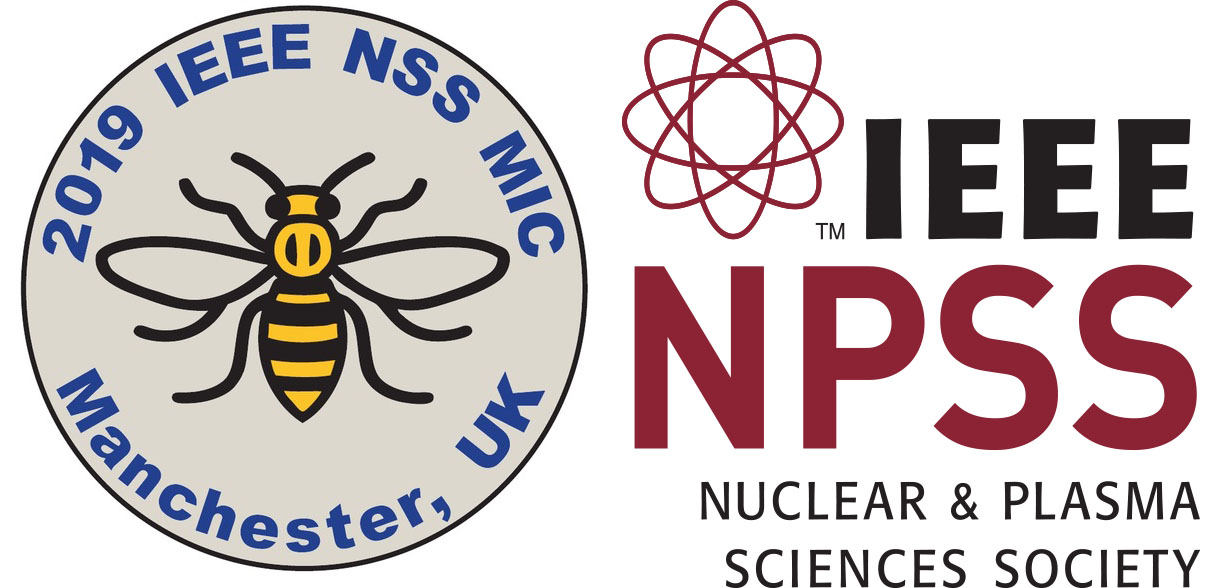The IEEE Medical Imaging Conference (MIC) is the key international multidisciplinary event of the year dedicated to the most up-to-date advancements of medical imaging technologies and techniques. MIC provides a powerful forum for adopting a convergence approach to the latest physics, engineering and mathematical innovations to better understand the challenges and capabilities of today’s medical imaging.
Technological advances of radiation detectors and instrumentation and state-of-the-art computational methods play a leading role in shaping the landscape of medical imaging over the complete spectrum of detection, diagnosis, treatment and monitoring. In light of this, MIC has a unique focus on multiple imaging modality leading-edge research, design and implementation of novel hardware and software solutions and on their effective translation in clinical practice with an increased attention on fast emerging research areas and applications like machine learning and AI. In this context, young and senior medical imaging researchers and postgraduate students from all over the world come together at the MIC to foster technological innovations through cross-fertilisation of ideas and to maximise the benefits of knowledge, sharing, learning and networking.
The MIC scientific program format consists of oral and poster sessions, plenary sessions and a student award session. Regular sessions will be complimented by Short Courses and specialised Workshops covering all different imaging and therapy timely topics.
Authors are invited to submit papers describing their original, unpublished work on one of the topics below:
- New radiation detector technologies for medical imaging (design, configurations, geometry, performance characterisation/optimisation etc.)
- Simulation and modelling of medical imaging systems for diagnostic and therapy applications
- High-resolution application-specific imaging systems (small-animal/pre-clinical, brain, breast, intra-operative, portable etc.)
- X-Ray imaging systems (CT, dual- and multi-energy CT, photon-counting, low-dose, phase-contrast, mammography, DBT, etc.)
- Medical imaging systems (PET, SPECT, PET/MRI, SPECT/MRI, PET/CT, SPECT/CT, SPECT/optical, TOF PET, Total-Body PET, etc.)
- Tomographic image reconstruction techniques
- Image processing, multi-parametric imaging strategies and kinetic modelling methods
- Data corrections and quantitative imaging techniques
- Image quality assessment, standardization (multi-centre trials) and methodology
- Imaging in radiotherapy, proton and hadron therapy and image-guided interventions
- Adaptive computational intelligence for reshaping imaging and clinical information interpretation (AI, machine learning, deep learning, etc.)
- Emerging applications (e.g. targeted radionuclide therapy, novel radiotracers and contrast agents for imaging, nanoparticles for imaging and therapy, novel imaging methods, etc.)
Dimitra Darambara
MIC Program Chair
The Institute of Cancer Research & The Royal Marsden NHS Foundation Trust, London, U.K.
Suleman Surti
MIC Program Co-Chair
University of Pennsylvania, Philadelphia, USA
